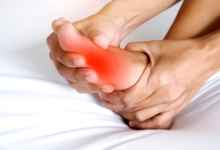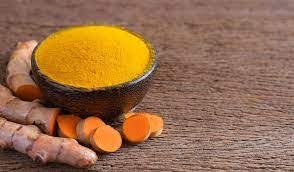Everything About Hypertension: How Salt Intake Affects Severity and How Dietary Changes Can Reduce Stress
Millions of people worldwide suffer from hypertension, sometimes referred to as high blood pressure, which dramatically raises their risk of heart disease, stroke, and other cardiovascular problems. Reducing salt consumption may be just as beneficial as taking a typical diuretic, according to recent research that have shown the influence of salt intake on the severity of hypertension. Let’s examine how dietary adjustments may be used to treat hypertension and how salt consumption impacts it.
The Connection Between Consumption of Salt and High Blood Pressure:
The sodium chloride, or salt, is an essential component of the body’s fluid equilibrium. On the other hand, consuming too much salt may cause water retention, which raises blood pressure by expanding blood volume. This impact is increased in those who have hypertension, therefore controlling salt consumption is crucial for blood pressure management.
How Consuming Salt Affects the Severity of Hypertension:
Research has shown a clear link between a high salt diet and a higher degree of hypertension. Consuming too much salt may upset the body’s sodium and potassium balances, which are essential for controlling blood pressure. This equilibrium is crucially maintained by the kidneys, but too much salt may damage them and cause fluid retention and elevated blood pressure.
Cutting Back on Salt: A Successful Hypertension Management Method
Dietary Adjustments: It’s critical to switch to a low-sodium diet. Salt consumption may be greatly impacted by reducing processed and packaged foods, which often contain high quantities of hidden sodium. Choose healthy, fresh ingredients and minimize additional salt while cooking.
Looking at Labels: Observe the nutritional information on food packaging. Try to find items with the labels “low-sodium” or “no added salt,” and wherever you can, opt for less-salted alternatives.
Herbs & Spices: Instead of using salt to enhance the tastes of your food, try using herbs, spices, and citrus. Try different spice mixtures to enhance flavor without adding more salt.
Mindful Eating Out: To reduce sodium consumption while eating out, order meals without additional salt or sauces and dressings on the side.
Exercise and Hydration: Drink plenty of water to be well hydrated, since this promotes a balanced fluid intake. Maintaining a regular exercise schedule also helps control blood pressure.
Comprehending the significant influence of sodium consumption on the intensity of hypertension is important for efficient handling. A low-sodium diet and thoughtful food selections may help people lower their blood pressure, which may eliminate the need for certain drugs. It is advised to speak with a medical expert or a qualified dietitian for individualized advice and assistance in controlling hypertension with dietary modifications.
Modest dietary changes, particularly cutting down on salt, may have a big impact on controlling hypertension and enhancing cardiovascular health in general.







